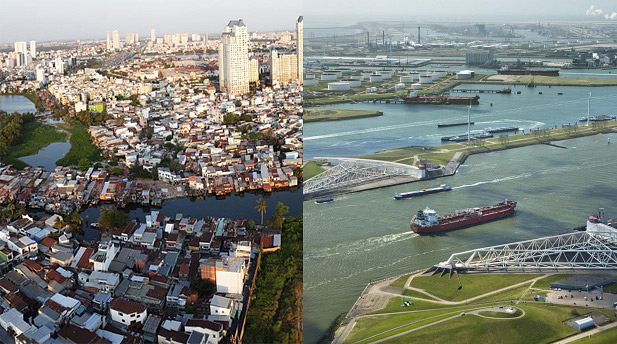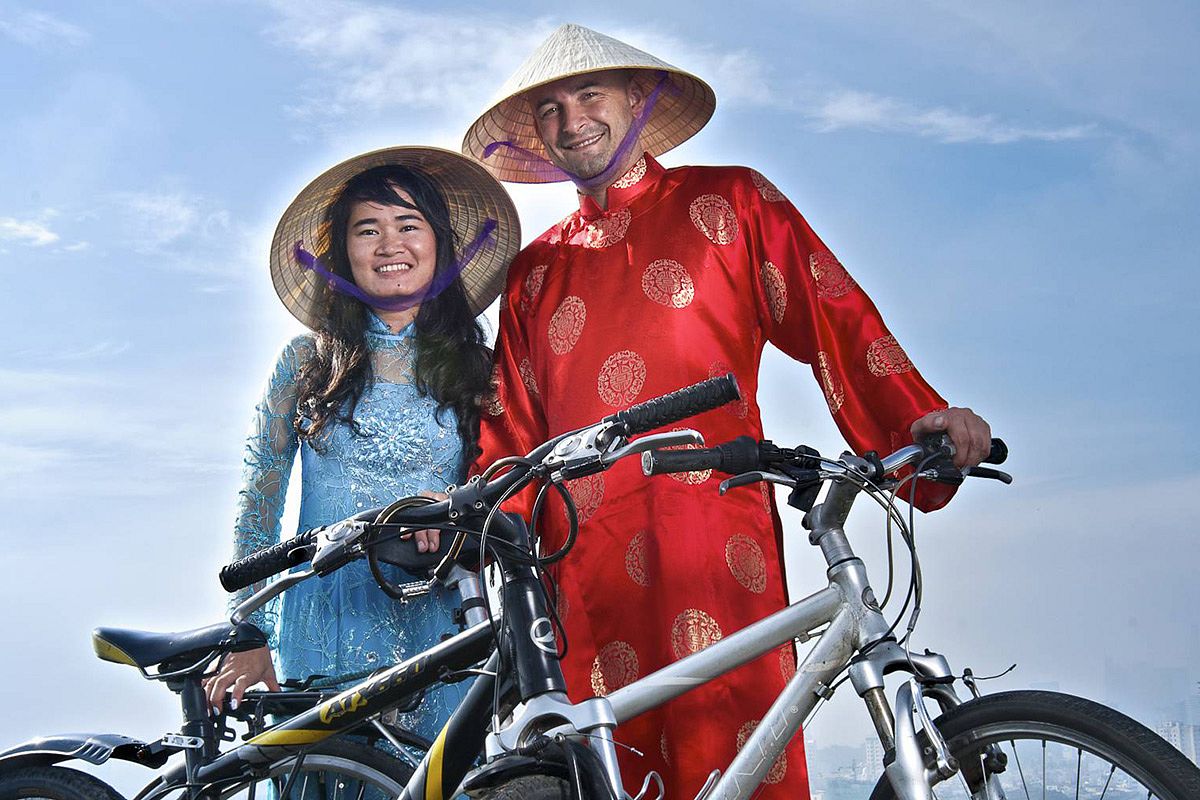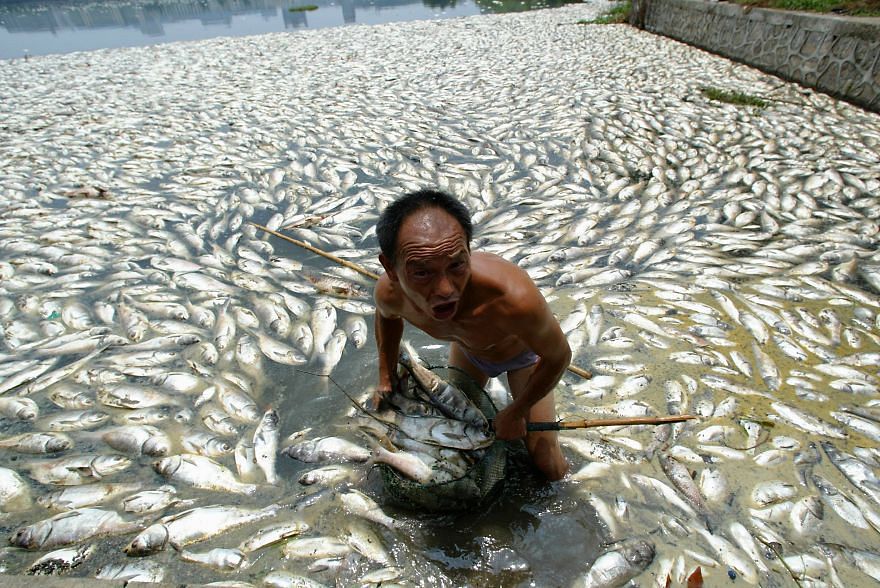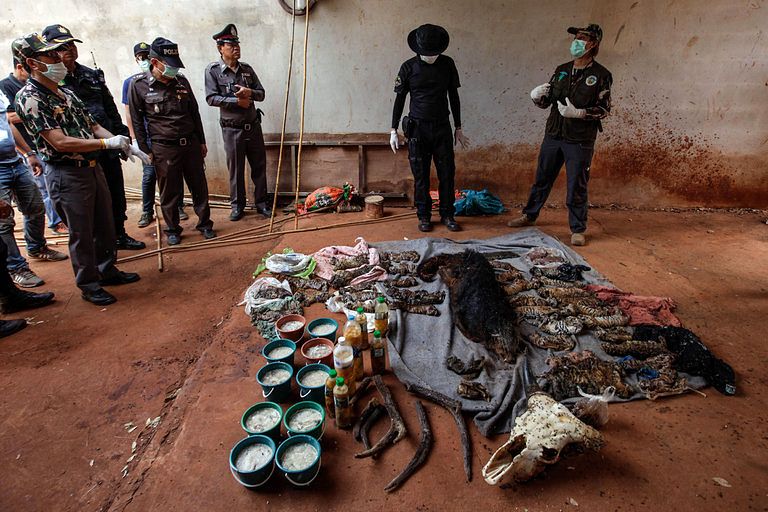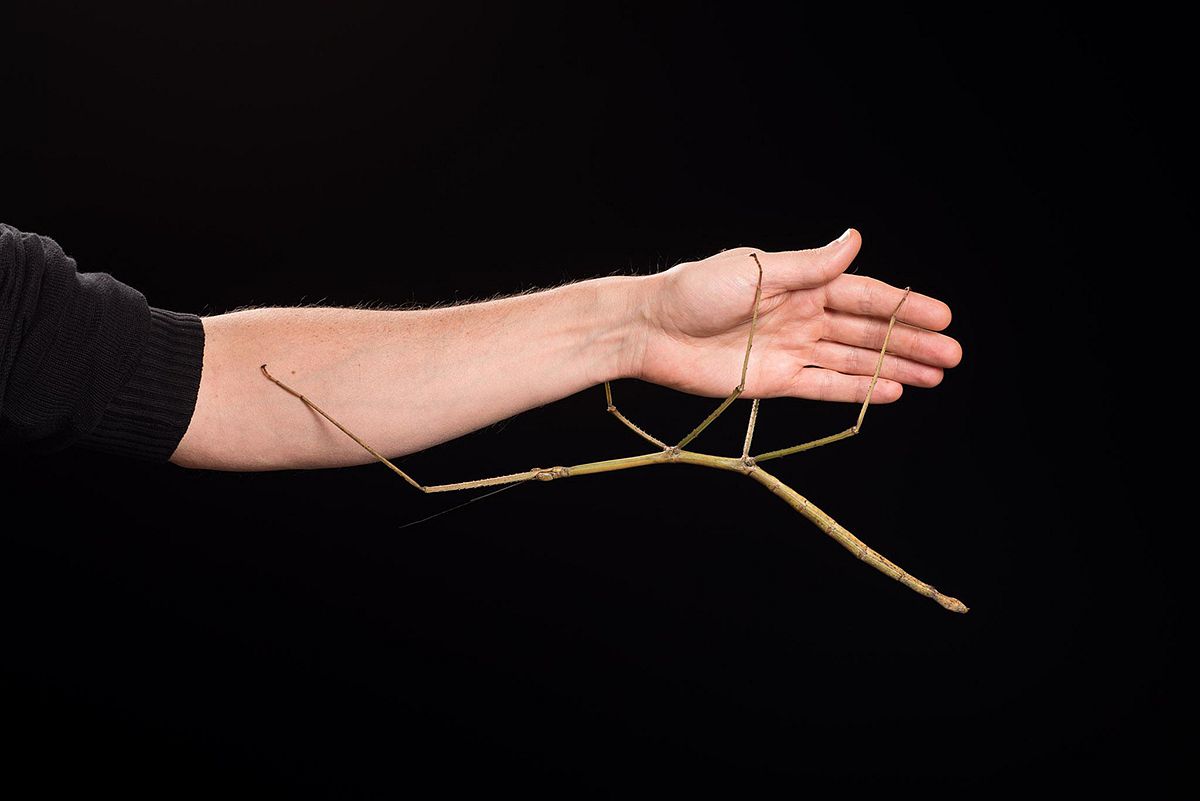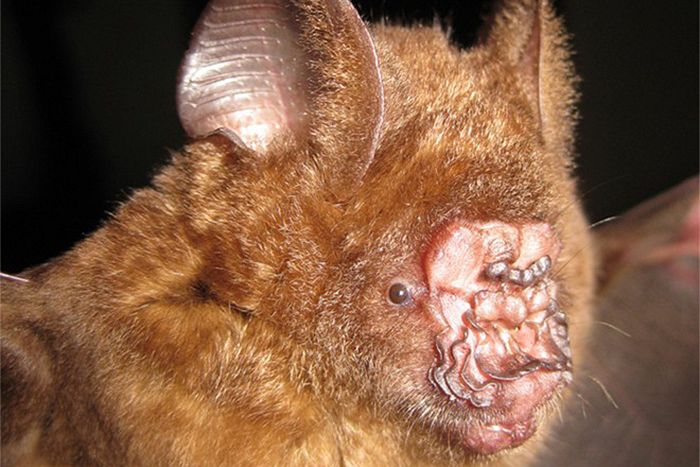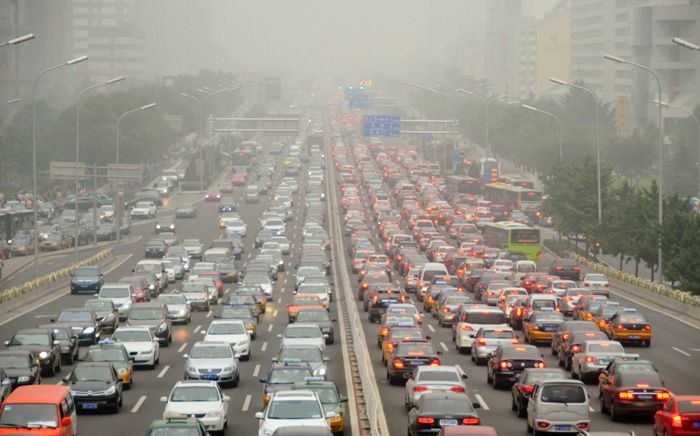Both HCMC and Rotterdam are port cities near a coast, surrounded by a river delta that is being affected by climate change with rising sea levels and an increase in severe storms. The two cities have come together in an unexpected partnership with the cities exchanging ideas on development and implementation of a climate adaptation plan for rising sea levels, increases in extreme rainfall, salinization levels and groundwater issues.
A recent article in the South China Morning Post said that city officials initially met in 2009 through the Connecting Delta Cities network (which also includesHong Kong, Tokyo, Jakarta, London, New York and New Orleans) and in 2011 signed a memorandum appointing a consortium of experts to begin work. Both cities are seeking creative ways for balance between hard protection and making space for water without harming developed areas. One idea is adding playgrounds or parks that can hold run-off water when necessary in flood zones. Rotterdam has something similar using storage tanks beneath underground car parks that release excess water when the drainage system has capacity.
Alexandra van Huffelen, Rotterdam’s vice-mayor for sustainability, sees many parallels between the two cities when HCMC officials approached Rotterdam for advice. Both are energetic cities used as an active shipping hub and both affected by war with Rotterdam having rebuilt itself with modernity after WWII and HCMC a mix of aging French colonials, communist blocks and modern shopping malls.
Vietnamese have learned to work with nature and integrated water into their daily lives from erecting homes on stilts to floating buildings while the Dutch have more infrastructural solutions in storm surge barriers, sea walls and dikes. HCMC’s flooding problems will likely worsen as the population of just over 8 million is expected to reach 12 million by 2020 and if expansion into low-lying areas continues then up to two-thirds of the population may be exposed.
Last year an adaptation strategy was finalized with six goals including increasing water storage and drainage capacity and ensuring flood risk is incorporated into development decisions. Phase two is now just beginning with the Dutch working with local planners to localize and implement similar solutions although there are limitations as HCMC has a smaller budget and considerable government bureaucracy. The Dutch government has contributed USD $1.9 million with corporate participants hoping to profit from its time in HCMC.
While the Dutch have decades of experience in flood-control techniques, they see an opportunity to learn from the Vietnamese who have taken a more natural approach to dealing with encroaching waters:
"It's a more traditional way they are using," said van Huffelen. "They come from a more natural way of protecting themselves; we come from a more infrastructural way. We're meeting each other halfway. They're learning from us about storm surge barriers and dikes and things like that, and we're learning from them [that] you need to work with nature, and let nature help you protect the coastline."
It’s refreshing to see an international climate change program where knowledge flows both ways.
[SCMP // Photo via TP HCMC Mega City]

